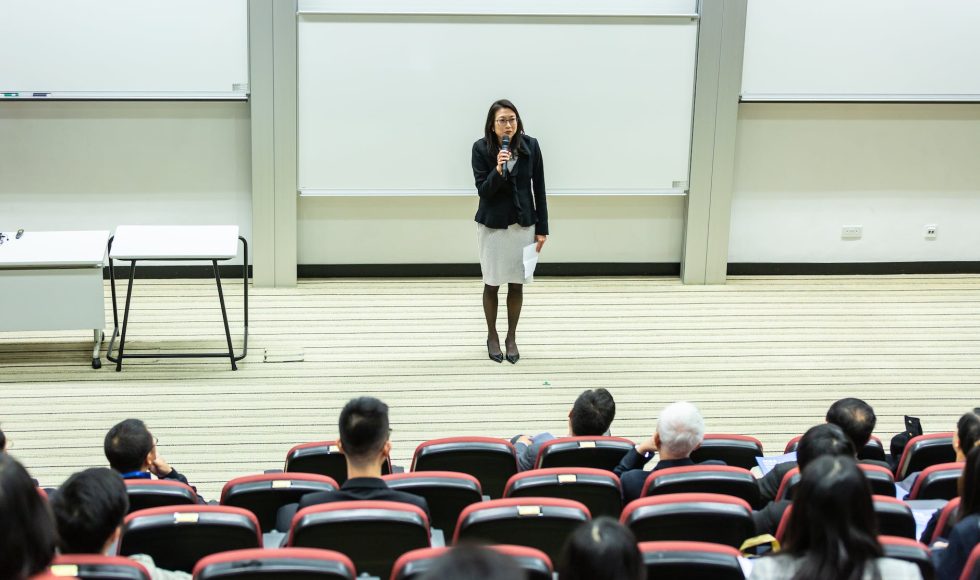Tonight I watched another Online with LSE Webinar Series recording. This presentation was entitled “A Framework of College Student Buy-in to Evidence-Based Teaching Practices in STEM: The Roles of Trust and Growth Mindset” featuring Dr. Cong Wang. This session was from about seven months ago. Wang worked with Mark Graham’s team at Yale as a postdoctoral scholar. The team at Yale STEM-PERL includes Andrew Cavanagh, Julia Gill, Melanie Bauer, Philip Reeves, David Hnauer, and Xinnian Chen. Wang framed the problem by explaining that despite evidence-based teaching practices (EBPs) showing benefit for college STEM students, many instructors continue to use traditional teaching approaches. The research team believes that just training instructors about EBPs is not enough: student and instructor buy-in are needed. Wang stated that their team believes that student buy-in affects learning and success. Wang’s study used the EPIC framework to evaluate buy-in and its impact. Student buy-in was assessed by persuasion, commitment, and identification. The social-cognitive factors that Wang’s study considered and affect students’ buy in were trust and growth mindset. Wang stated their hypothesis as trust and growth mindset will affect students’ buy-in through the pathway from persuasion to identification to commitment and engagement. Wang and team tested their framework with the NIST week-long intensive faculty development workshop. The team identified 14 high implementers of EBPs from 14 institutions: 11 females and 3 males with 7 from R1 public universities, 3 R1 private universities, and 2 R2 and 2 other universities. The study included over 2100 students with 62% female. Wang shared a table with a column with constructs, one for examples, one with citations, and one with reliability reported for numerous studies. The research team wanted to know whether this framework can be used to evaluate students’ buy-in and the factors affecting it. Both trust and growth mindset were positively associated with buy-in. The results suggest that students’ level of buy in is key for science persistence and grades. The framework was tested on different groups of students and continued to work well. Wang concluded that:
- Students’ buy-in is a critical factor affecting students’ engagement and outcomes in undergraduate STEM courses featuring EBPs.
- Building student trust and fostering growth mindset are potential approaches to gaining students’ buy-in toward EBPs.
These findings made me think about the importance of introducing and explaining the approaches used and rationale to students. During the question and discussion session, the moderator pointed out that trust is a stronger predictor of student buy-in than growth mindset. Wang noted that this may be due to the instructors that participated in the study: they were all high EBP implementers. The moderator, Diedra Wrighting, asked about variation in trust among instructors, and Wang noted that there was little variation among them. Wang noted that the nature of the data did not allow them to analyze differences between instructors. Wang briefly discussed some findings in the literature about student-instructor relationships and their influence. Wang explained that it seems that female and male students interpret trust differently! They also spoke about alternative study designs including longitudinal studies that could provide additional information.



